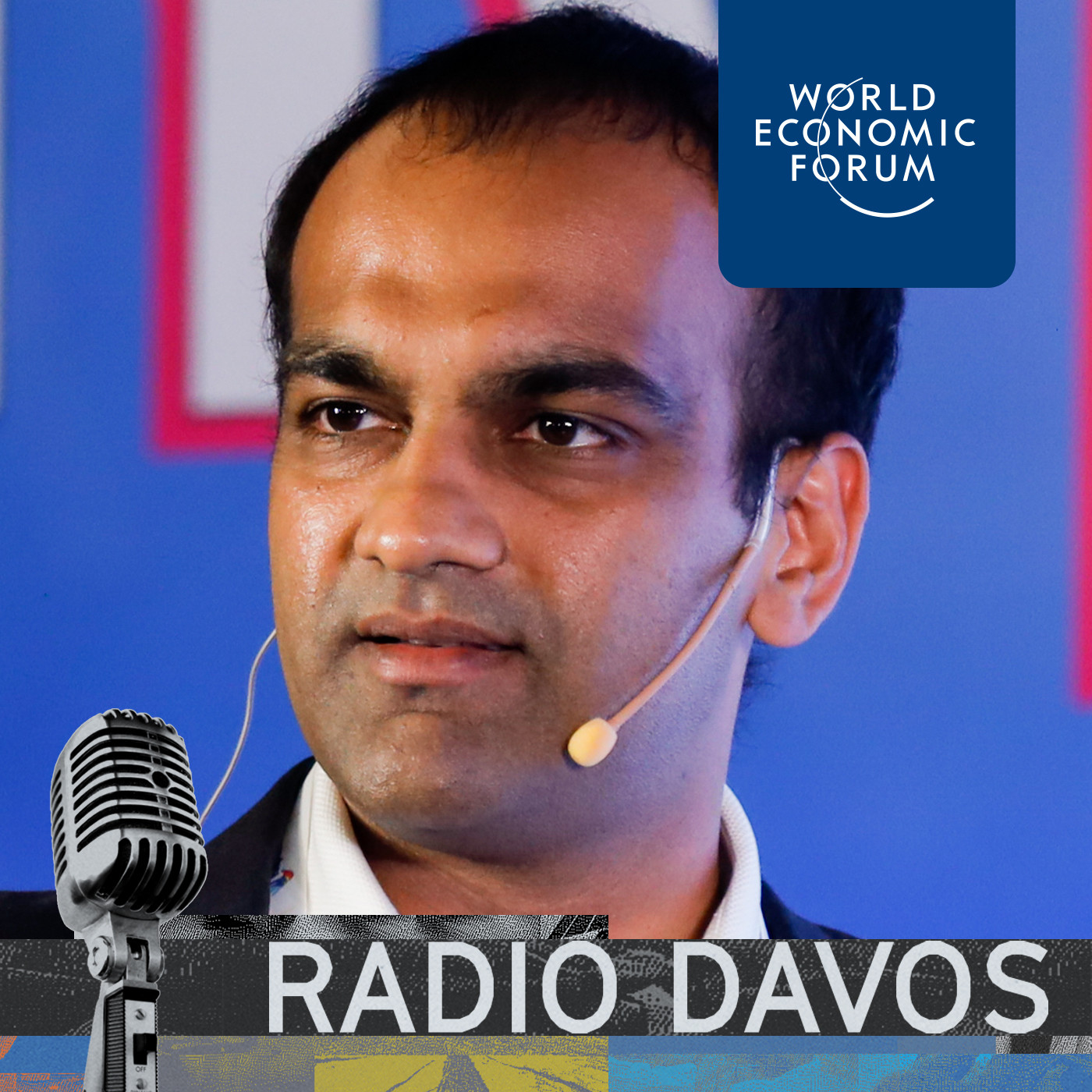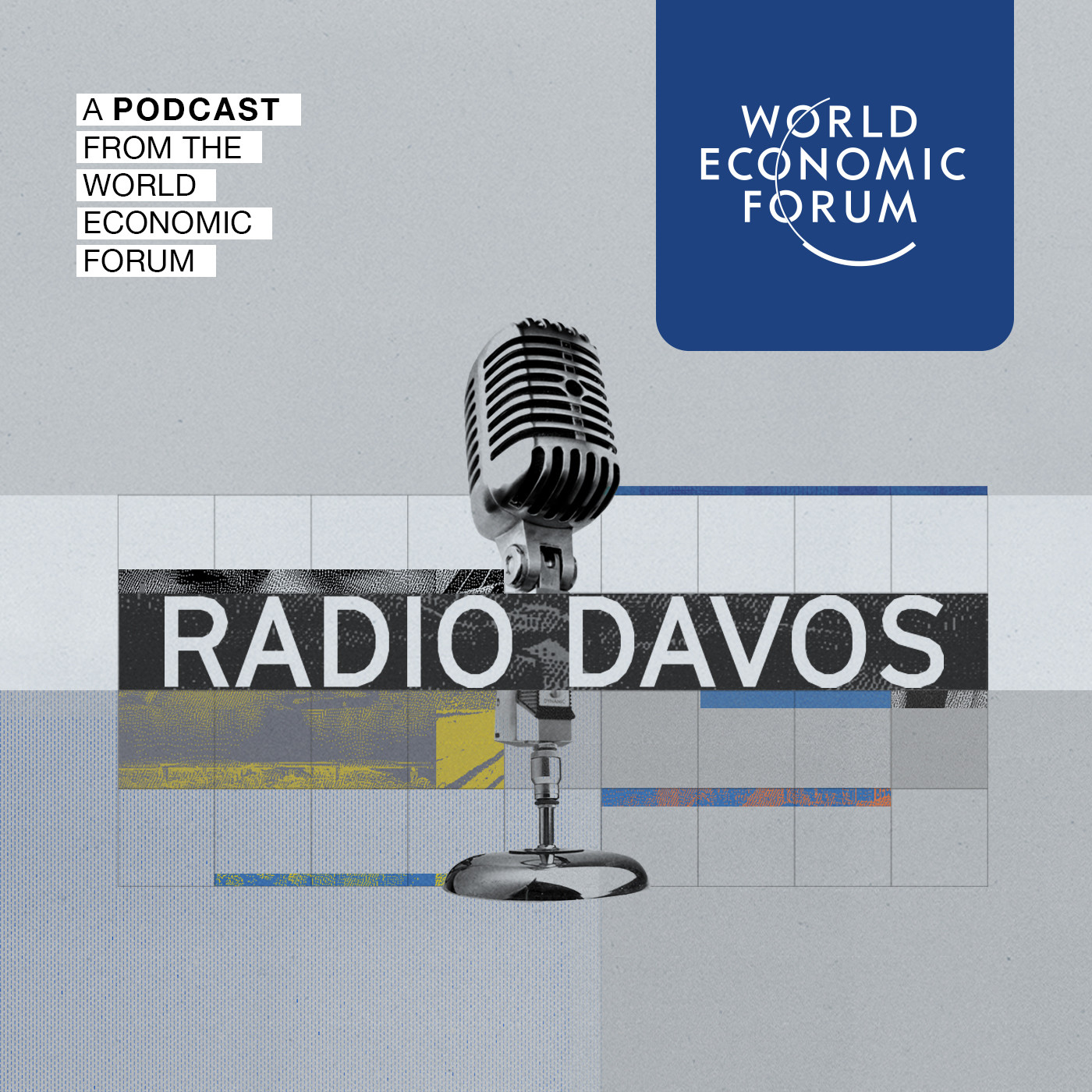Radio Davos
Below the Belt: the movie that lifts the taboo on endometriosis
“Arguably the most common devastating disease that most people have never heard of. It affects at least one in nine women. It is the cause of up to 50% of infertility cases in women.” Endometriosis is the subject of director Shannon Cohn’s documentary Below the Belt. She tells how women have been overlooked, disbelieved and gaslit by medical practitioners and policymakers - and why that has to stop.
Featured episodes:
Hosted by:

Robin Pomeroy
Podcast Editor, World Economic Forum
All episodes:
Sort by:
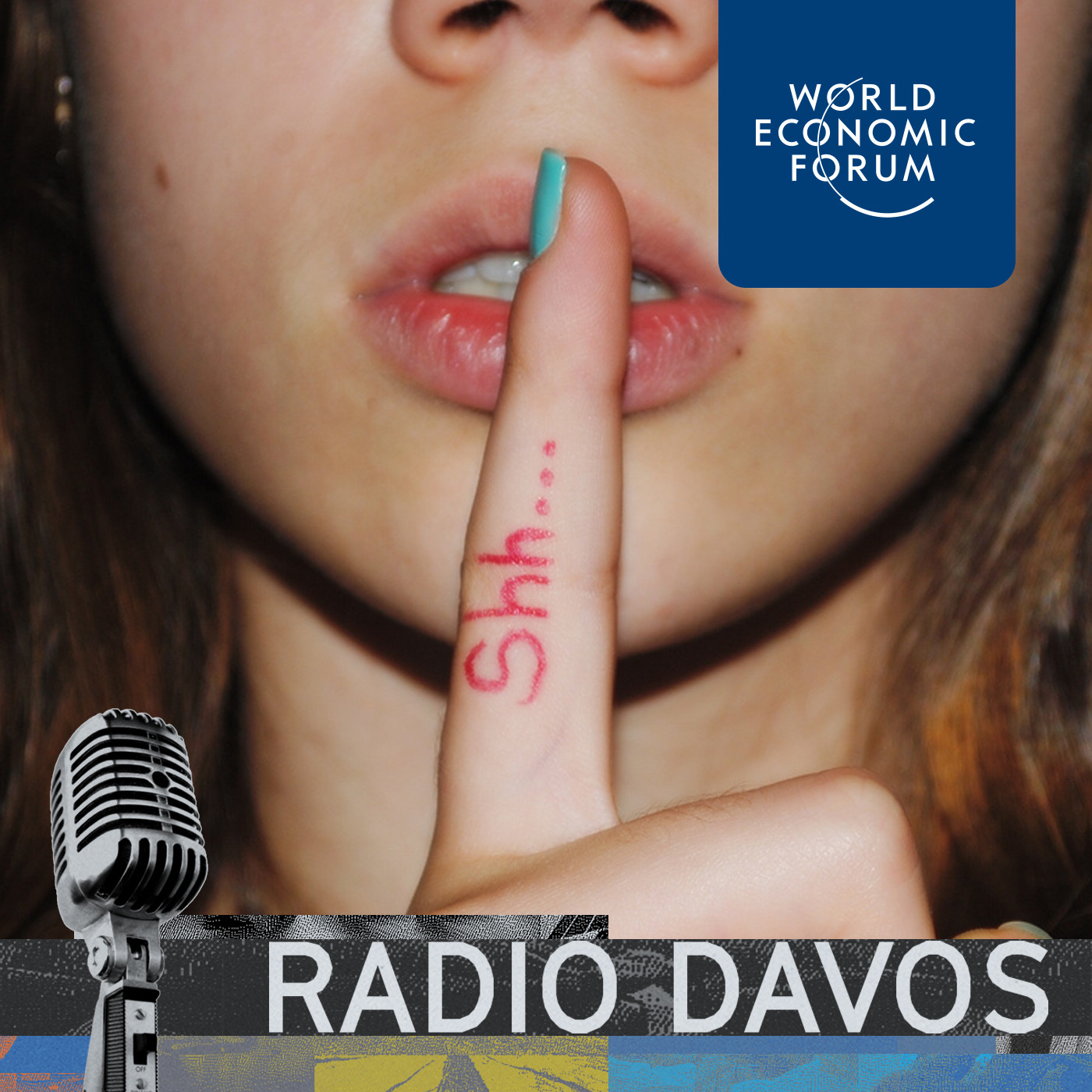
Below the Belt: the movie that lifts the taboo on endometriosis
“Arguably the most common devastating disease that most people have never heard of. It affects at least one in nine women. It is the cause of up to 50% of infertility cases in women.” Endometriosis is the subject of director Shannon Cohn’s documentary Below the Belt. She tells how women have been overlooked, disbelieved and gaslit by medical practitioners and policymakers - and why that has to stop.
“Arguably the most common devastating disease that most people have never heard of. It affects at least one in nine women. It is the cause of up to 50% of infertility cases in women.” Endometriosis is the subject of director Shannon Cohn’s documentary Below the Belt. She tells how women have been overlooked, disbelieved and gaslit by medical practitioners and policymakers - and why that has to stop.
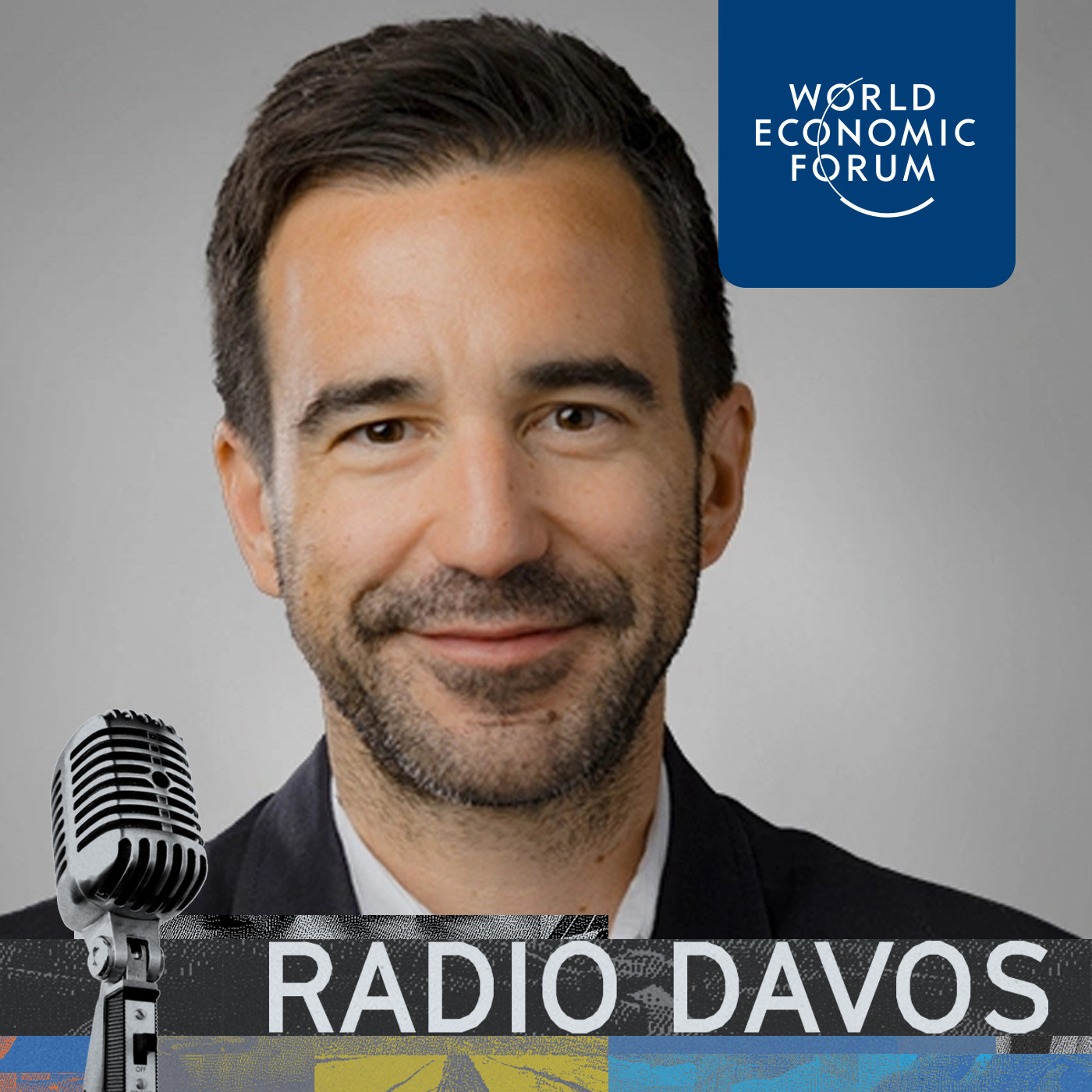
COVID transformed the world of work, but AI’s impact will be much bigger
• 31 minutes
COVID transformed the world of work, but AI’s impact will be much bigger. “It’s the first time in the history of humanity that we have to rethink what it means to be human. It’s no longer, ‘I think, therefore I am’. Most of our thinking can be outsourced to machines.” Artificial intelligence is about to transform the world of work, says Tomas Chamorro-Premuzic, Chief Innovation Officer at ManpowerGroup and the author of ‘I, Human: AI, Automation, and the Quest to Reclaim What Makes Us Unique’. He looks at the huge changes COVID and home-working have already wrought, and how we can cope with the even bigger AI revolution. For a transcript, scroll to the bottom of this page.
• 31 minutes
COVID transformed the world of work, but AI’s impact will be much bigger. “It’s the first time in the history of humanity that we have to rethink what it means to be human. It’s no longer, ‘I think, therefore I am’. Most of our thinking can be outsourced to machines.” Artificial intelligence is about to transform the world of work, says Tomas Chamorro-Premuzic, Chief Innovation Officer at ManpowerGroup and the author of ‘I, Human: AI, Automation, and the Quest to Reclaim What Makes Us Unique’. He looks at the huge changes COVID and home-working have already wrought, and how we can cope with the even bigger AI revolution. For a transcript, scroll to the bottom of this page.
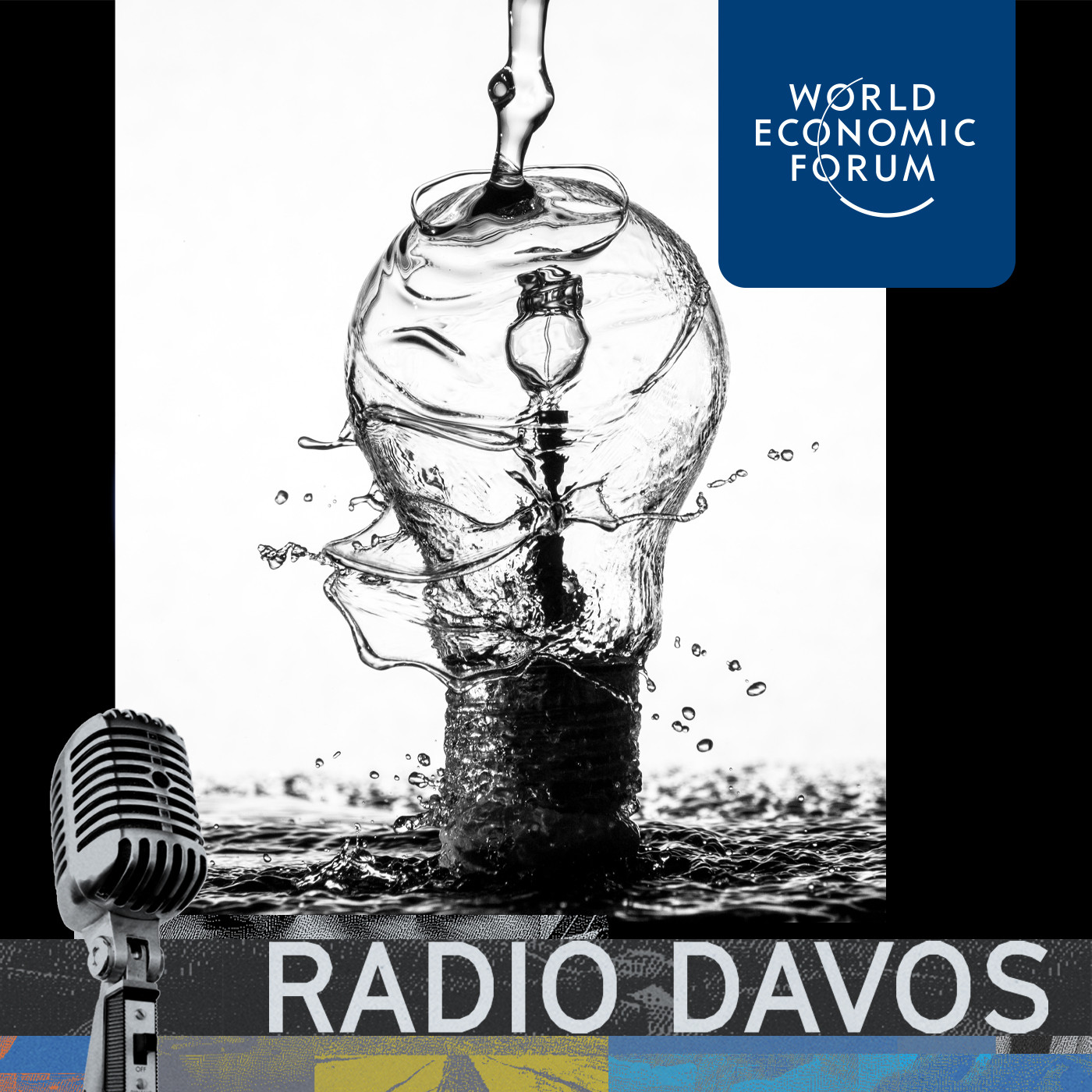
The energy transition moonshot: innovations that will transform our world
• 41 minutes
It often looks like we are doing too little too late to wean ourselves off fossil fuels, but companies around the world are creating new ways of generating and delivering energy. We hear from four CEOs about their work on aviation fuel, electric vehicles, green hydrogen and new nuclear. And World Economic Forum John Defterios, who covered energy for three decades as a journalist at CNN, shares his thoughts.
• 41 minutes
It often looks like we are doing too little too late to wean ourselves off fossil fuels, but companies around the world are creating new ways of generating and delivering energy. We hear from four CEOs about their work on aviation fuel, electric vehicles, green hydrogen and new nuclear. And World Economic Forum John Defterios, who covered energy for three decades as a journalist at CNN, shares his thoughts.
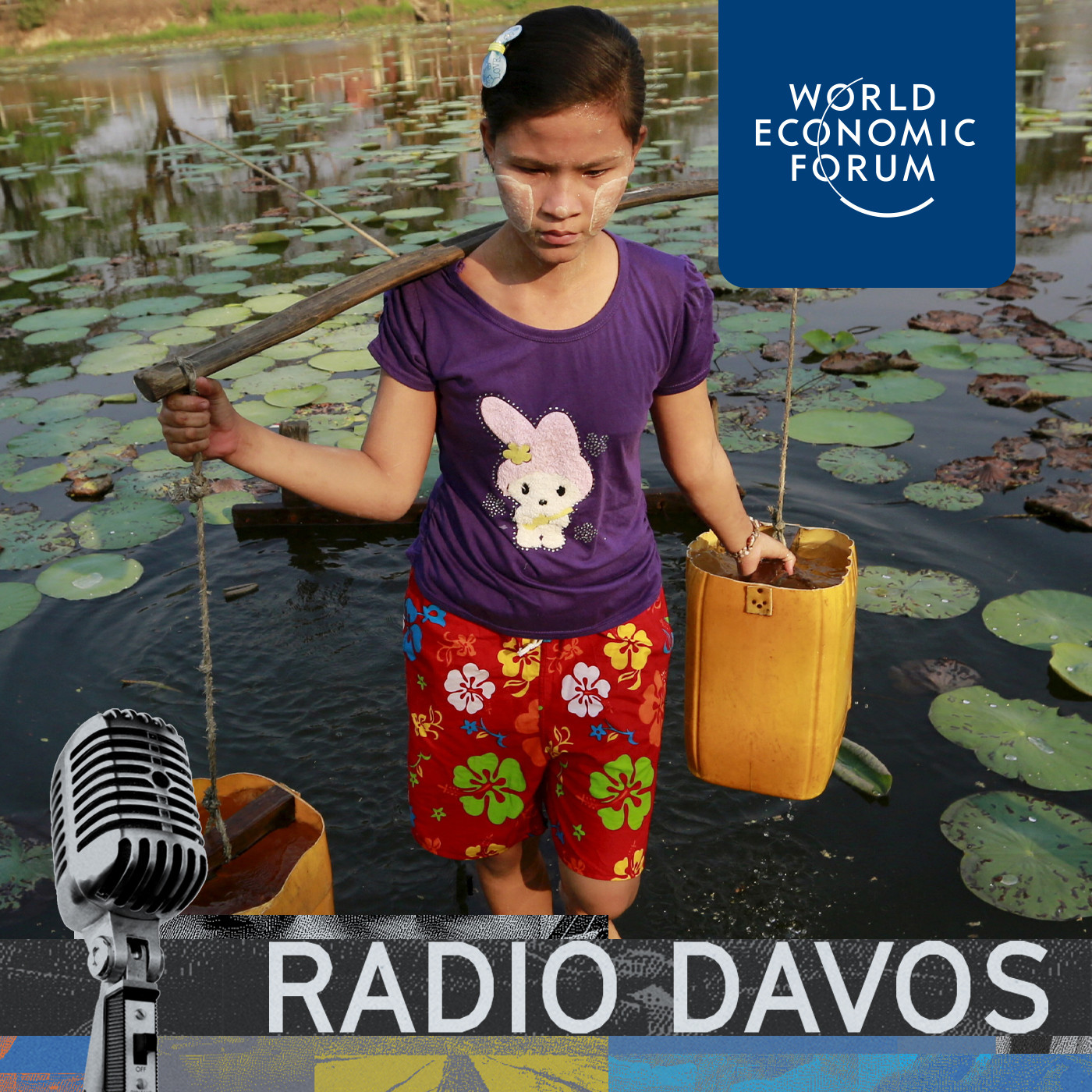
UN Water Conference: the entrepreneurs on a mission
At the UN Water Conference, a group of entrepreneurs from around the world are telling how their innovations could help tackle some of the big challenges related to water. Laura Beltran, of the World Economic Forum's UpLink platform, talks to three of them who are: taking water from the air in Kenya; making the most of rain runoff from buildings in Canada; and getting affordable water filters to people in Latin America.
At the UN Water Conference, a group of entrepreneurs from around the world are telling how their innovations could help tackle some of the big challenges related to water. Laura Beltran, of the World Economic Forum's UpLink platform, talks to three of them who are: taking water from the air in Kenya; making the most of rain runoff from buildings in Canada; and getting affordable water filters to people in Latin America.
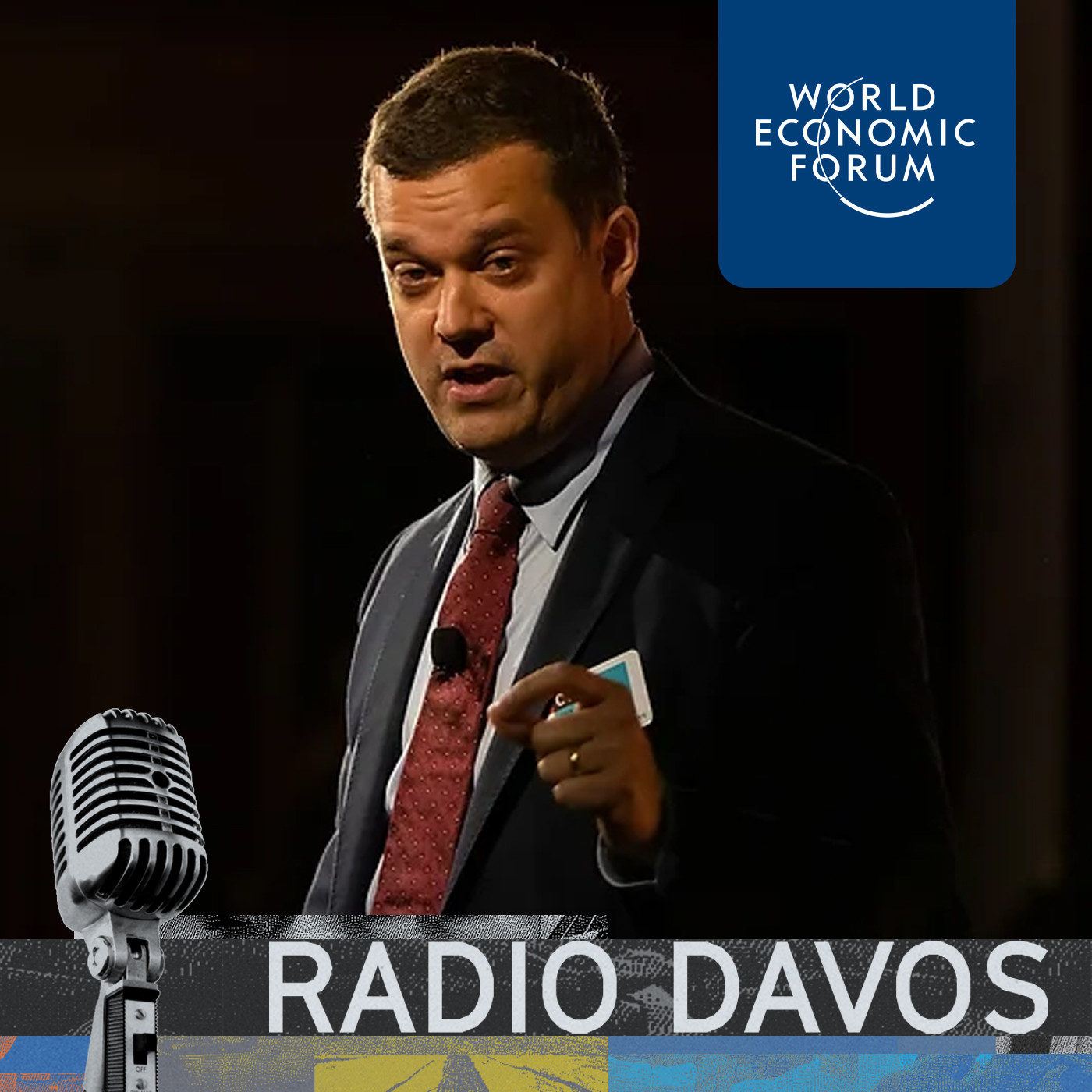
UN 2023 Water Conference: water is life, but it’s also politics
• 24 minutes
As the world meets at the United Nations for the first water summit in a decade, we speak to someone who has written a history of humanity’s relationship with water. Giulio Boccaletti, author of Water: A Biography says it is human decisions that have created water crises, and it’s humans that can solve them.
• 24 minutes
As the world meets at the United Nations for the first water summit in a decade, we speak to someone who has written a history of humanity’s relationship with water. Giulio Boccaletti, author of Water: A Biography says it is human decisions that have created water crises, and it’s humans that can solve them.
